Do you often regret not having a better relationship with your parents and yet feel apprehensive about doing something about it? Love hate relationship with parents is a pretty common occurrence and it’s rooted in one’s dysfunctional childhood.
Are you tired of people telling you things like “they did the best they could” or “blood is thicker than water” when you talk about your tumultuous relationship with your parents?
After all, how on earth can someone avoid or ignore their parents who have attended their soccer games, cheered them during their recitals, attended PTA meetings, and did everything in their power to give their child a secure future, right?
Well, not really! Sometimes when a child goes through significant childhood trauma, also known as Adverse Childhood Experiences, they develop a troubled relationship with their parents, fueling the phenomenon of the love hate relationship with parents.
If you have grown up in a household where your primary caregivers were unstable, abusive, negligent, or unavailable, chances are you are harboring some amount of resentment toward them.
Anger toward parents can lead to long-term psychological and relational implications, including a complicated relationship between you and your parents, marked by feelings of love and hate.
Do abusive parents affect their children’s behavior? Yes, negative parental treatment can significantly affect a child’s emotional development and be the underlying reason why some children foster a love hate relationship with their parents, where they feel rage against the toxic parents yet cannot grow out of their shadow.
Read: Covert Narcissist Parent
5 Reasons For Love Hate Relationship With Parents
Now let’s take a look at the contributing factors behind the love hate relationship with parents.
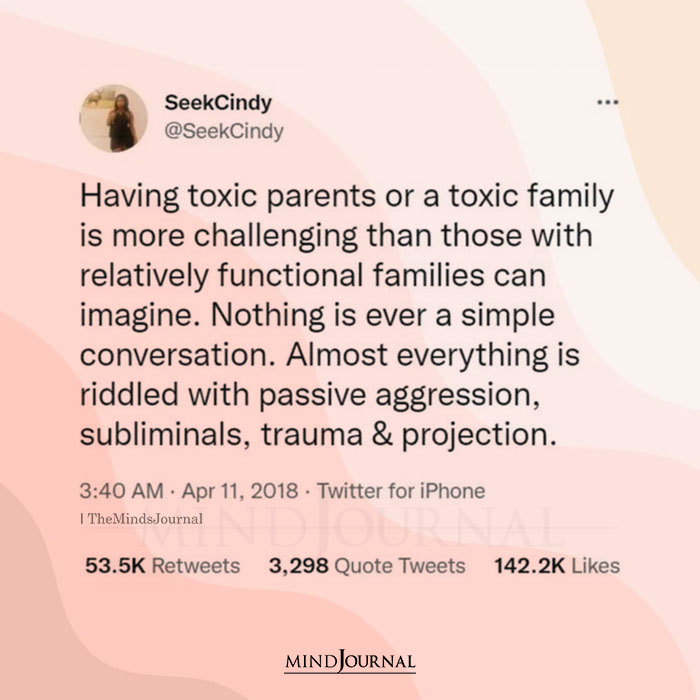
1. Abuse
Did you receive physical abuse as a form of disciplinary action? Were you manipulated to take sides between two parents?
Children depend on their parents for security, nourishment, and comfort. But when a parent fails to provide unconditional love and instead subjects the child to abusive treatment, be it physical, emotional, or sexual, it’s easy to imagine how the child’s sense of self can crumble. Such traumatic experiences can make a kid deeply insecure and form a love hate relationship with parents.
2. Playing Favorites
Sometimes, in dysfunctional family structures, parents often pit their children against each other, making one of them the family scapegoat while another the golden child or hero.
If you were always compared to your sibling and made to believe that you are not good enough, a love hate relationship with parents could have germinated in your vulnerable young psyche. You are forever torn between your need to impress them and to have nothing to do with them.
On the other hand, if you have been the golden child and were always burdened with unrealistic expectations to make your parents proud by being the best in all realms of your life, the phenomenon of love hate relationship with parents could have grown with you along your journey from childhood to adulthood. You care about your parents’ validation and also want to break free from their overbearing ways.
Read: What Are The Different Types Of Family Structure?
3. Violation Of Boundaries
When parents disregard their child’s personal space, the child starts feeling smothered and devalued.
If your parents constantly hovered around you, meddled in your personal life, criticized your choices, and tried to control who you date or go out with even after you grew up, it’s natural for you to develop the psychological complication of a love hate relationship with parents.
You crave freedom and at the same time feel lost without their controlling and dominating influence.
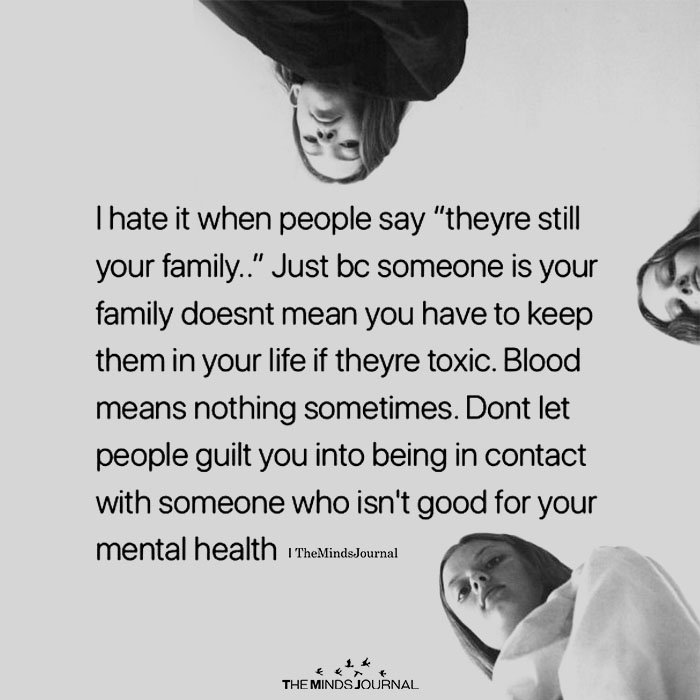
4. Parental Conflicts
A traumatic experience doesn’t have to be a personal one to scar you for life. When a young child witnesses one of their parents getting abused by the other parent or by another partner, it severely traumatizes their formative mind.
If you have been exposed to such unfortunate events, you might never forgive the abusive parent for unleashing such torture. Moreover, you might also secretly bear grievances toward the other parent for staying in the abusive relationship.
In any case, a love hate relationship with parents can be seen festering in your life, as you cannot decide whether to sympathize with your parent or to blame them for ruining your childhood.
5. Neglect
When parents fail to meet the needs of their children, and the kids are left to fend for themselves, they have to grow up before time and behave as adults.
If your parents were not physically or emotionally available while you were growing up, you had to become an adult and take care of your needs all by yourself. Maybe you had to worry about the finances, take care of one or more younger siblings, or cook your own meals.
All this made you miss your childhood and form an unhealthy attachment of love hate relationship with parents. You despise them for taking away your innocence and at the same time, you somehow feel responsible for their well-being.
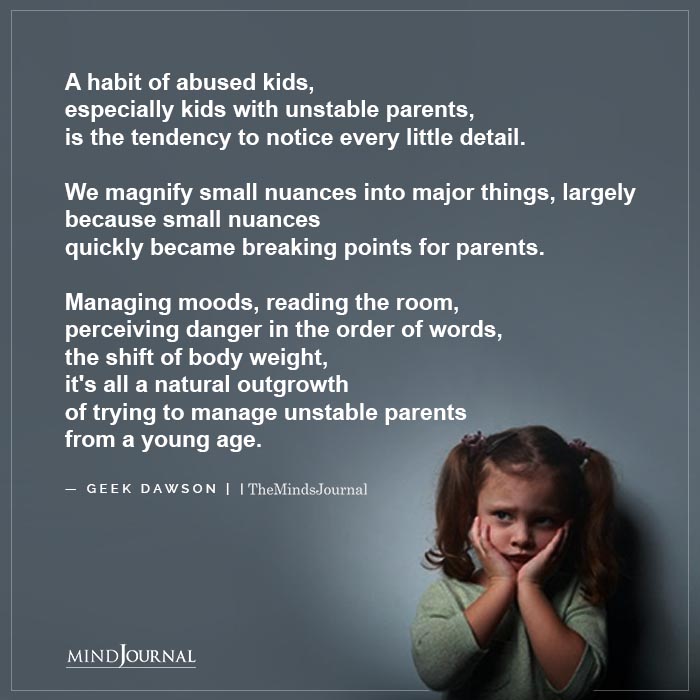
Some Other Reasons For Love Hate Relationship With Parents Include:
- Living with a parent who was alcoholic or addicted to substance abuse
- Parental separation or divorce
- One or both parents getting involved with another love interest or marrying again
- One or both parents getting incarcerated
- Living with one or both parents who suffered from untreated mental illness and couldn’t take care of themselves or their children
How Can Childhood Trauma Leave Far-Reaching Consequences In Your Adult Life?
Research suggests that children who have been exposed to severe childhood trauma are at a greater risk of:
- Depression
- Anxiety
- PTSD
- Anger Issues
- Addiction/ Substance abuse
- Suicide ideation
- Economic constraints
- Poor performance at work
- Risky sexual behavior
- Under-achievement at school
- Poor physical health
- Emotional dysregulation
- Flashbacks, nightmares, and intrusive thoughts
- Poor self-esteem
- Unhealthy attachment style
- Poor executive and cognitive functions
- Trust issues
- Hypervigilance
- Poor impulse control
Is Recovery Possible?
If you have been through childhood trauma and need to heal your unresolved emotions, you might try the following options:
- Speak to a therapist or a mental health professional
- Reach out to people who are supportive and nurturing
- Join a peer support program
- Take care of yourself, including your diet, exercise, and sleep schedule
- Become physically active
- Avoid alcohol/narcotics/drugs
- Additionally, you might seek compassion-focused therapy to heal your relationship with your parents or to peacefully let go of them
Do What’s Best For You
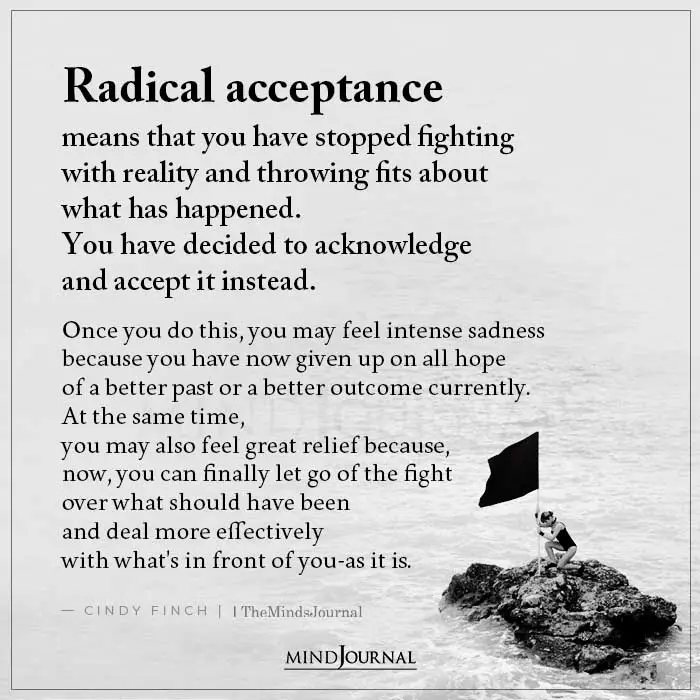
As we can see, the dynamic between an abusive parent and child can be potentially detrimental to the child’s psychological and overall well-being, even long after they have stepped into adulthood.
If you have faced similar circumstances, and as a result have developed love hate relationship with parents, don’t feel obligated or pressurized to choose either to heal your troubled relationship or cut them loose.
You know what’s best for you, and make a decision that is favorable for your safety and your highest good.
Frequently Asked Questions
How to talk to your parents about your childhood trauma?
Before talking to them about your childhood trauma, ensure you’re ready to do this. Think about what you hope to achieve out of this conversation, what you stand to lose, and whether it would benefit you at all. Express how you want to improve your relationship but stick to your boundaries. Select a favorable time and place. Be prepared for unpleasant reactions. Seek support from a friend, partner, or therapist.
How do you rebuild yourself after trauma?
Don’t avoid your memories but process them. Don’t isolate yourself, instead seek professional care or join a support group. Exercise regularly and take care of your overall health. Stick to a healthy routine and avoid alcohol or other toxic coping mechanisms. Develop hobbies and relaxation practices like meditation or anything that makes you enjoy life. Make an inventory of your life and do what’s needed, one thing at a time.
Does childhood trauma affect personality?
Yes, childhood trauma affects our mind when it is in a formative phase and leaves long-reaching effects on our personality, behavior, thinking, and attachment style, and the way we manage our emotions, life choices, and relationships.
How childhood trauma affects self-esteem?
When we don’t receive unconditional love, support, and recognition from our primary caregiver or anyone we look up to as a child, it negatively impacts our sense of self. We start believing that we do not deserve love. This limiting belief is carried to our adult life, making us feel insecure or inadequate as a result of poor self-esteem.
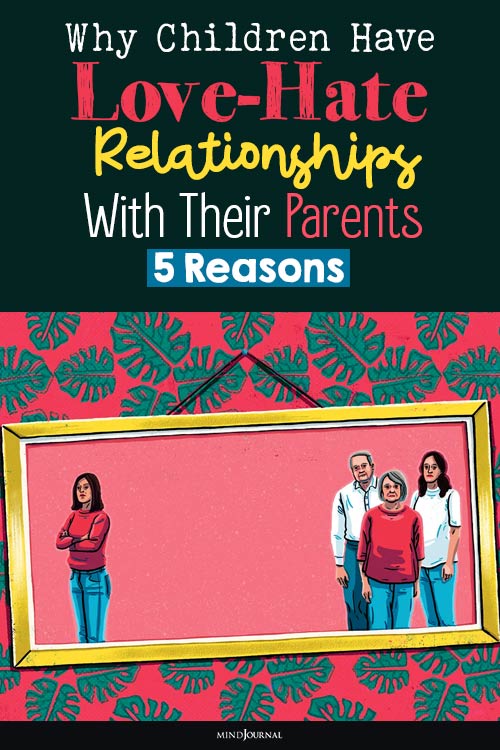
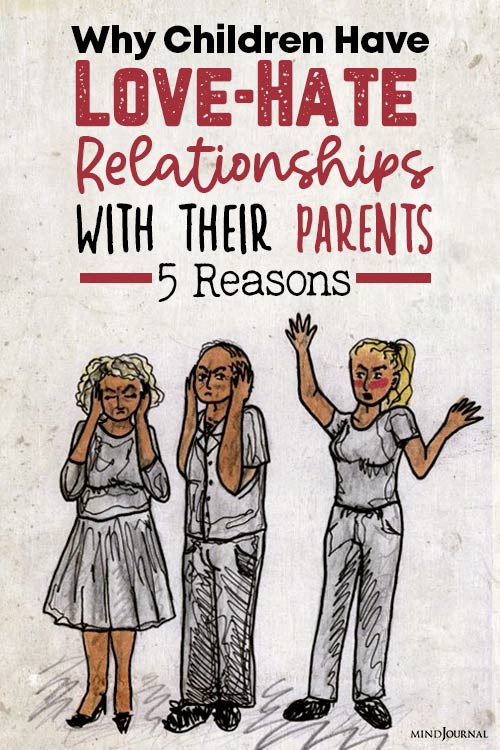
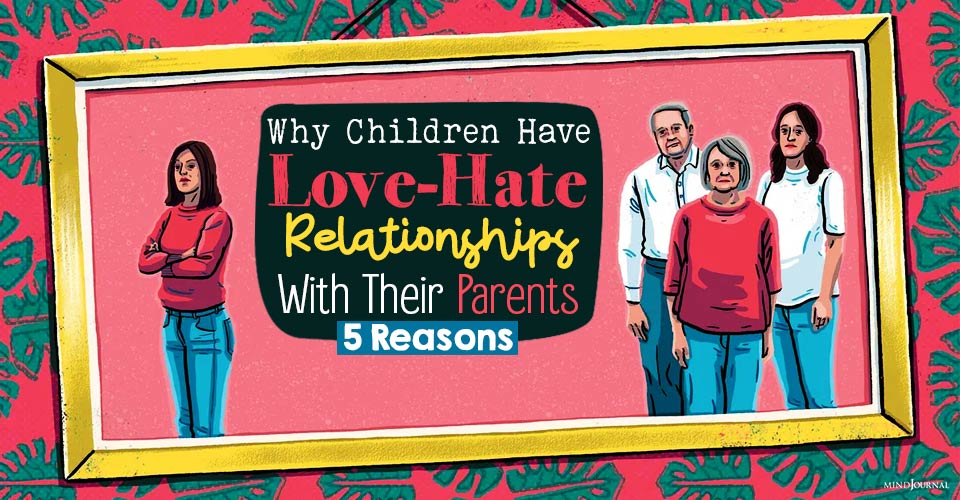







Leave a Reply
You must be logged in to post a comment.